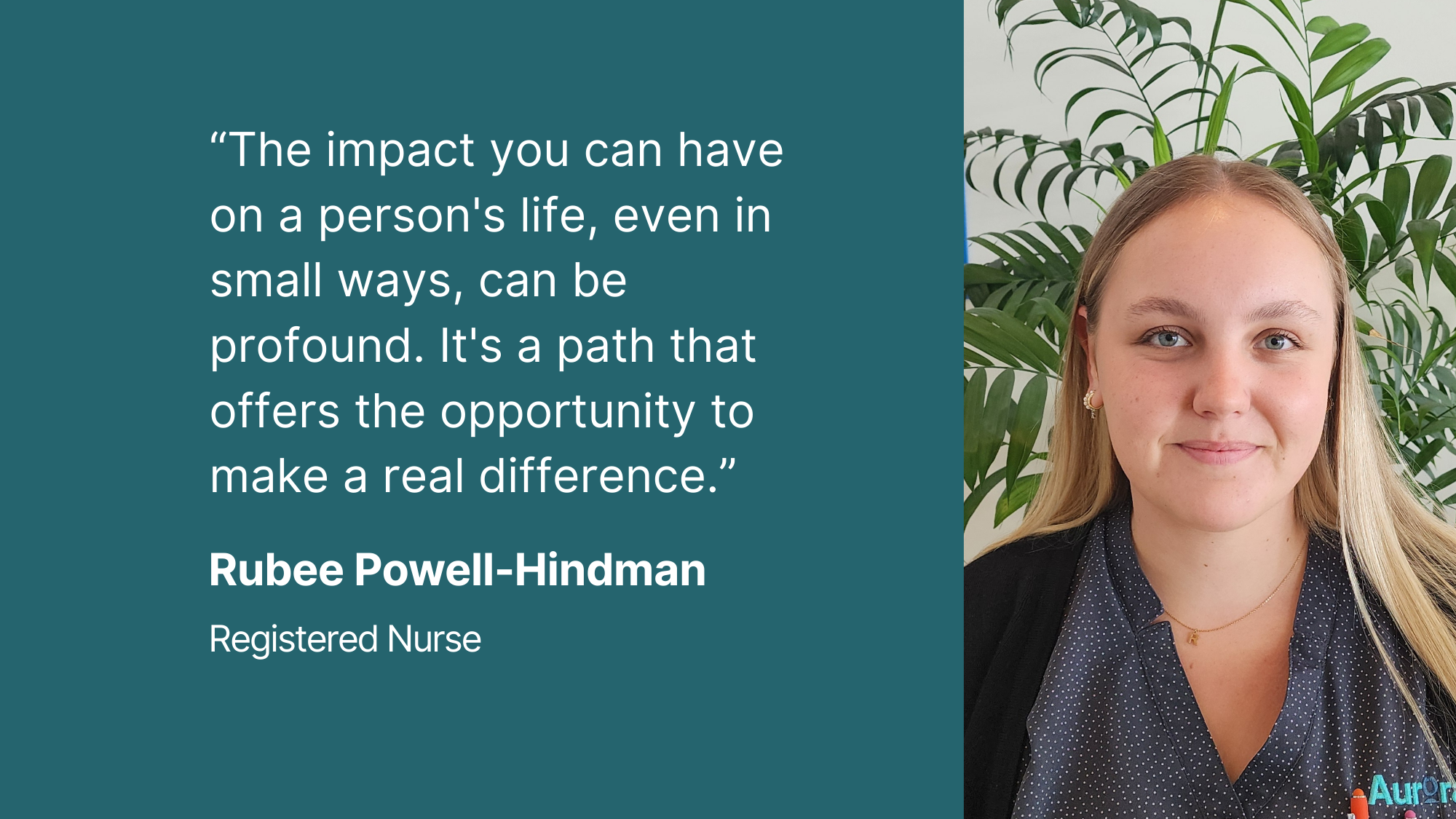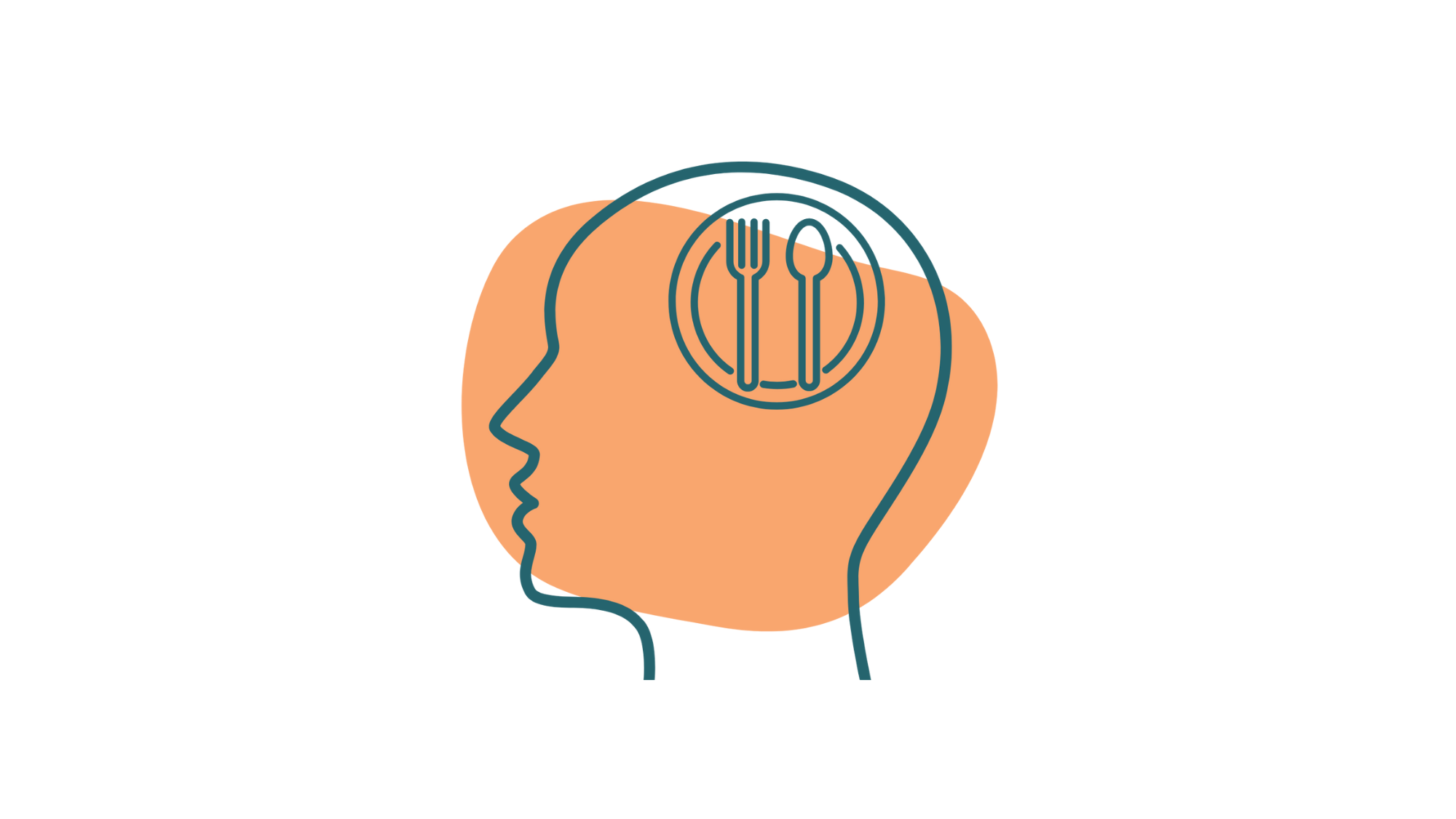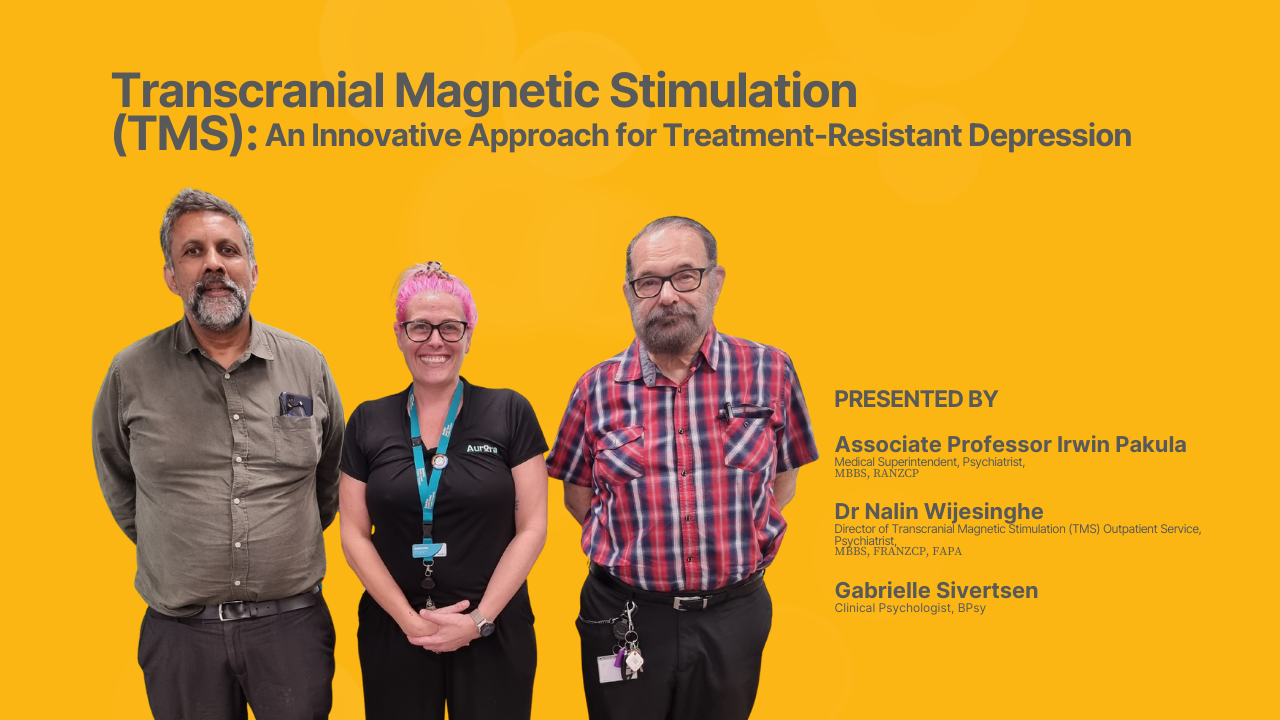
Author
Summary
According to South Coast Private Hospital Clinical Psychologist and Allied Health Manger Christopher Mahoney, the connection between nutrition and mental health is powerful. However, for people with mental health challenges, the task of organising nourishing meals can feel overwhelming.
“What we eat doesn’t just fuel our bodies, it also fuels our brain, affects our mood and helps regulate everything from focus and energy to sleep and stress levels”, says Christopher.
“But for people struggling with mental health challenges, the additional stresses around food can disrupt healthy eating patterns, leading to further emotional and physical imbalances”.
Here’s how food and mood is connected.
Food Fuels the Brain
Our brain needs a constant supply of the right nutrients to function optimally.
Essential vitamins and minerals, like B vitamins, magnesium, zinc, iron and omega-3 fatty acids, are the building blocks for neurotransmitters such as serotonin, dopamine, and GABA. These chemical messengers influence mood, motivation and stress response.
Without enough of these nutrients, our brain can’t function at its best and we may start to feel foggy, anxious, fatigued, or low in mood.
The Gut–Brain Connection
Our gut and brain are constantly in two-way communication. This is called the gut-brain axis, and science is now showing us that our gut health influences our mental health.
Our gut plays host to a vast community of bacteria known as our microbiome. These microbes influence everything from digestion to inflammation to mood. Foods high in fibre such as wholegrains, legumes, fruits and vegetables support a healthy gut and help the good bacteria thrive. This helps to maintain a healthy gut-brain connection.
When our gut is out of balance, due to poor diet, stress, illness, or medication, harmful bacteria may flourish, which can disrupt this communication and impact our mental wellbeing.
Eating Well Through Mental Health
Small changes can make a big difference so start by:
- Eating more whole foods: vegetables, fruits, legumes, whole grains, seeds and nuts
- Enjoying lean proteins including meat, poultry, fish, seafood and plant-based sources such as tofu and legume
- Adding healthy fats: like salmon and other ‘oily’ fish, seeds, avocado, and olive oil
- Cutting back on ultra-processed foods and snacks, and sweetened drinks
- Staying hydrated: even mild dehydration can affect energy and focus.
Seeking help from a health professional such as your doctor, psychiatrist, psychologist or dietitian can offer a well-rounded approach to managing both your mental health and relationship with food.

Food and Mood Day Program
The Food and Mood Day Program at South Coast Private Hospital has been developed to help people develop a deeper understanding of how to support their mind through their gut.
“The program is designed to help participants understand the impact of nutrition on their mental health, stress, energy and emotional well-being”, says Christopher.
“It is ideal for those struggling with mental health issues, who may have a difficult relationship with food, and would benefit from structured support to move towards healthier food choices and support improved mood”.
What will I learn?
- Understanding relationship with food
- Healthy eating principles
- Learn how food impacts mood
- Increase nutritional knowledge
- The gut-brain connection
- Reducing cravings
- Managing inflammation.
How do I join?
A referral from your GP is required to join our day programs. Once we have your referral, our day program team will contact you to arrange an assessment with one of our psychiatrists to ensure that the program is the right fit for you. This is a one-off bulk billed assessment. Our day program team will then contact you to discuss enrolment and answer any question you may have.
When is it held?
The program is held one day a week over 8 weeks, with set intake dates. Morning tea and lunch is provided.
- Registration and sign-in is 8:30am to 9:00am
- Program runs from 9:00am to 2:45pm.
For information
Contact the South Coast Private Day Programs Team:
Phone: 02 4286 6847
Email: sco.dayprograms@aurorahealth.com.au
Newsroom
Follow us
Thanks!
Related news stories

